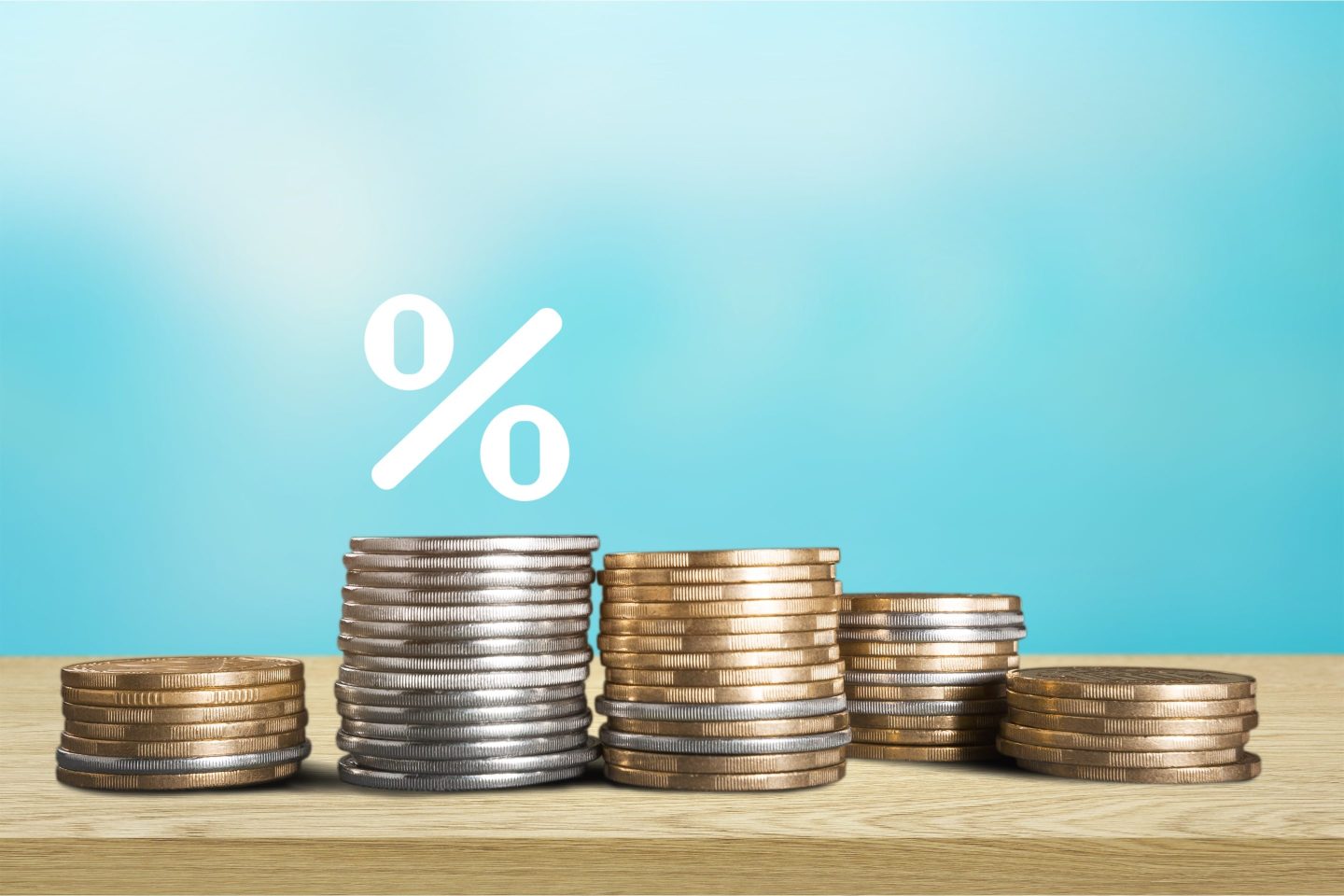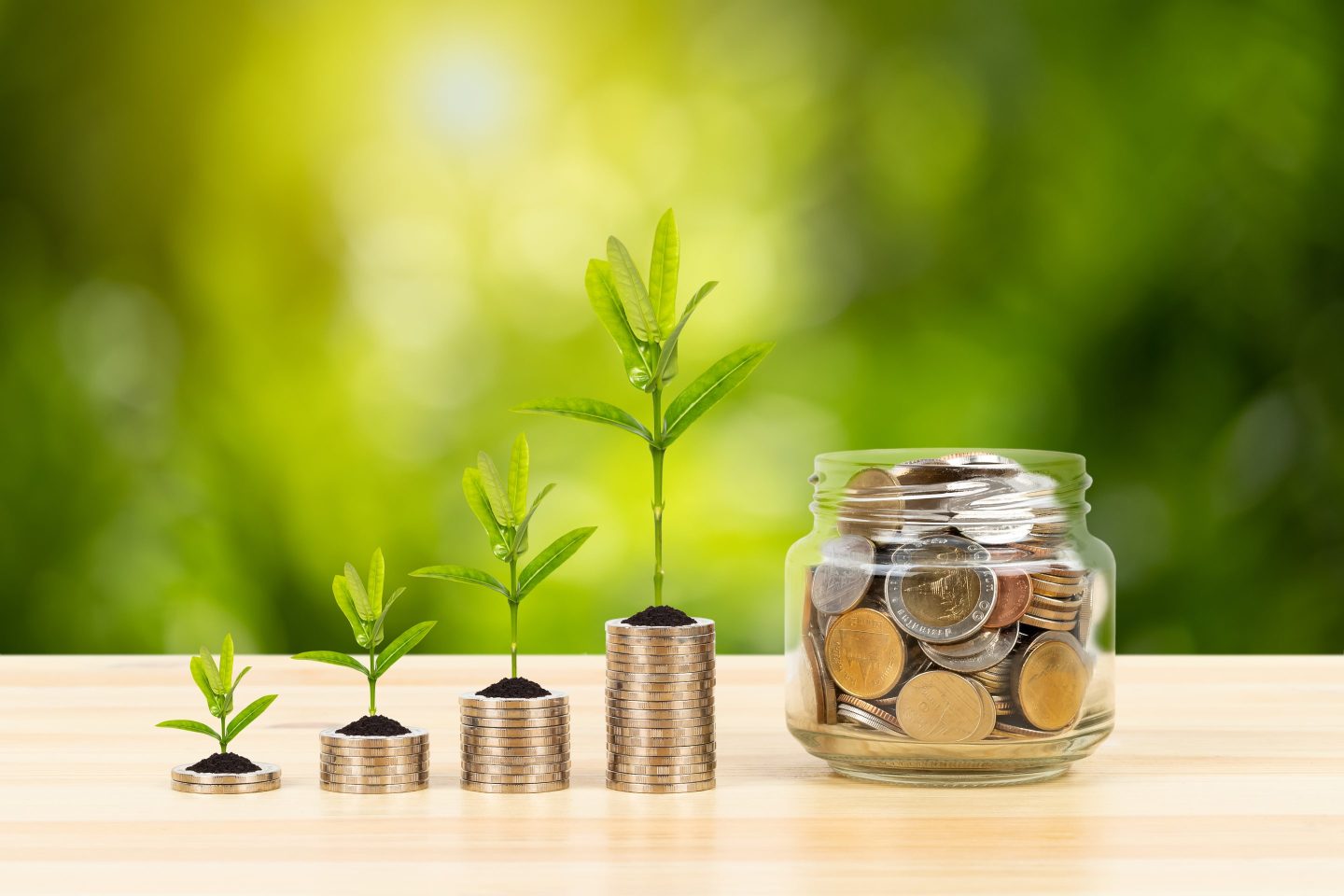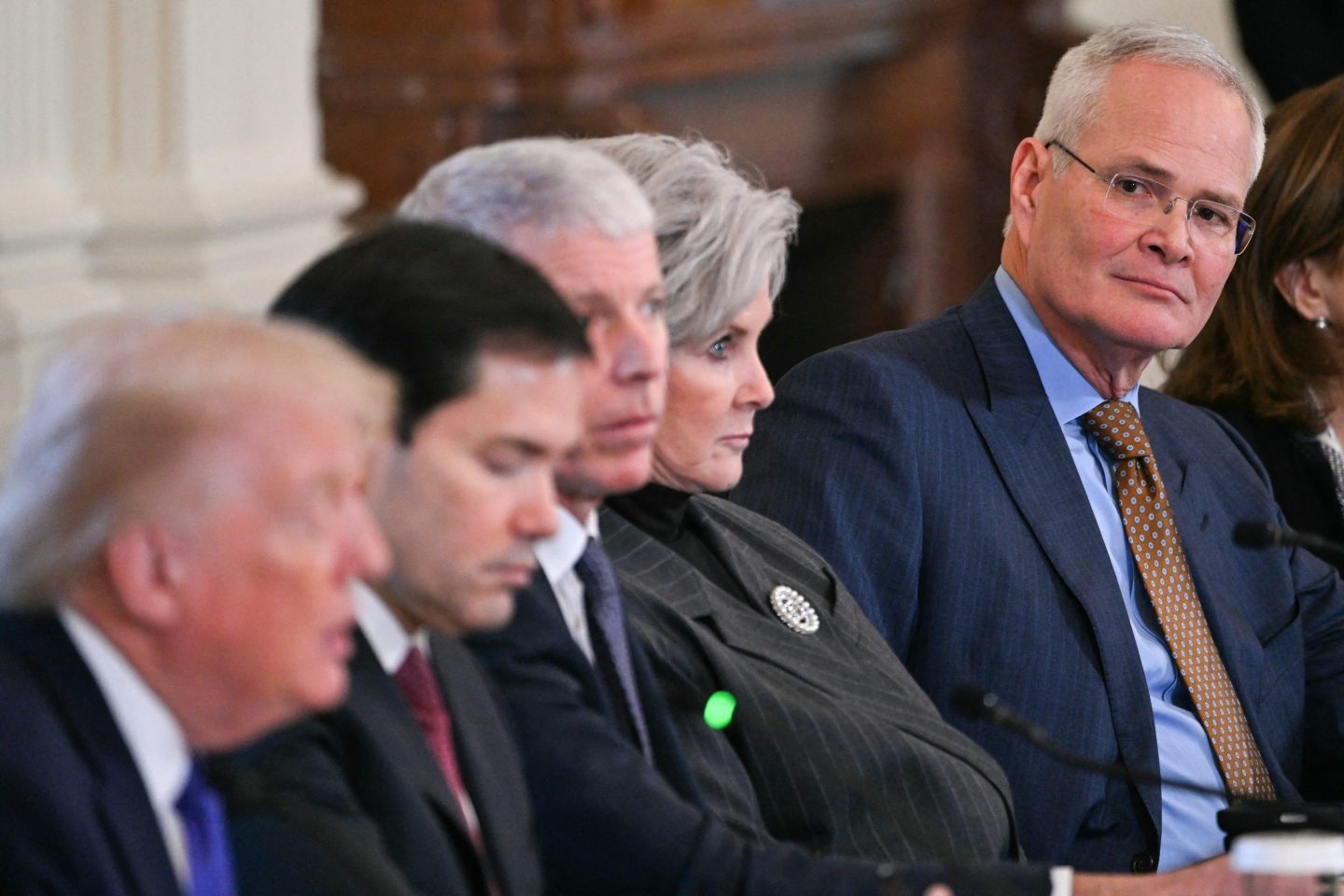Why aren’t we in another Great Depression?
It’s a major mystery, at least for most people. The U.S. Economy crashed spectacularly last spring when the number of daily COVID-19 cases peaked on April 24 with 36,741 new cases. GDP plunged in the most vertiginous drop ever recorded, and millions of workers lost their jobs almost instantly. So now, with daily new cases around 200,000, why aren’t we suffering the same thing—or something much worse?
The pandemic outlook is the grimmest it has ever been. CDC director Dr. Robert Redfield says the next few months will be among “the most difficult in the public health history of this nation.” Hospitals are filled near capacity. Redfield predicted that total COVID-19 deaths, recently around 277,000, could approach 450,000 by the end of February.
Economists seem happily oblivious of it all. The view of 26 economists polled by Consensus Economics is that the U.S. Economy will grow at a 3.6% annualized rate in this quarter and by 3.1% in next year’s first quarter. A few brave souls are gloomier. JPMorgan’s team predicts -1% next quarter. For comparison, remember that the contraction in this year’s second quarter was -31.4%.
Yet these upbeat economists just might be right, at least broadly speaking. They cite four factors to justify their seemingly clueless optimism:
The economy has adapted quickly. Nearly everything in the 2020 economy has happened at Formula 1 speed. Last spring, U.S. GDP fell further in a matter of weeks than it did over three and a half years in the Great Depression. It then recovered most of that loss in just a few months. A strong benefit of such speed is that the economy suffered little “scarring,” as economists say. In a long downturn, workers’ skills get rusty and machinery deteriorates or becomes outdated. Not this time. Companies innovated fast, and while many businesses failed, entrepreneurs started new businesses at the highest rates in at least a decade. The economy resumed growing through the summer lull in new cases and kept growing as cases increased into the fall.
Vaccines are on the way. They won’t immunize a significant part of the population for months, but just knowing they’re en route prompts companies to start planning for an upturn. While the winter may still be bleak for businesses, it won’t be as bleak as if they were looking at potential lockdowns indefinitely. Goldman Sachs’s latest forecast—titled “V(accine)-Shaped Recovery”—predicts, “As the population builds immunity to the virus in the spring and summer, we expect economic activity to rebound sharply in depressed sectors such as travel, accommodation, and food services.”
A substantial stimulus package and continued Fed support are assumed. These are crucial. The upbeat forecasts are contingent on Congress enacting at least one stimulus package analogous to, if not as big as, the CARES Act and other measures last spring. Goldman assumes a trillion-dollar package “potentially enacted” before Joe Biden’s inauguration on Jan. 20. JPMorgan, which forecasts a 1% contraction in the first quarter, also assumes a trillion-dollar package but not until the quarter is nearly over. Everyone assumes low interest rates from the Fed as far as the eye can see.
The economy is still climbing out of a hole. The U.S. Economy was flying high before the pandemic hit, and even after a few months of rebound, it still isn’t producing as much as it was a year ago. That means the country has capital and labor sitting idle, waiting to be used, so at least the components of growth are more available than they were. There’s certainly room to grow: Even after its recent surge, GDP would have to increase 3.6% just to regain its level at the end of 2019.
Economists are notoriously reluctant to forecast a recession, and, in any case, no one has been through an experience like this pandemic. If COVID-19 cases and deaths continue rising on their recent steep trajectory, it’s hard to see how the economy could escape another decline. But the pandemic has been full of surprises, and one of them may well be that even through the projected long, dark winter, the country may at least be able to sustain people’s material well-being.












